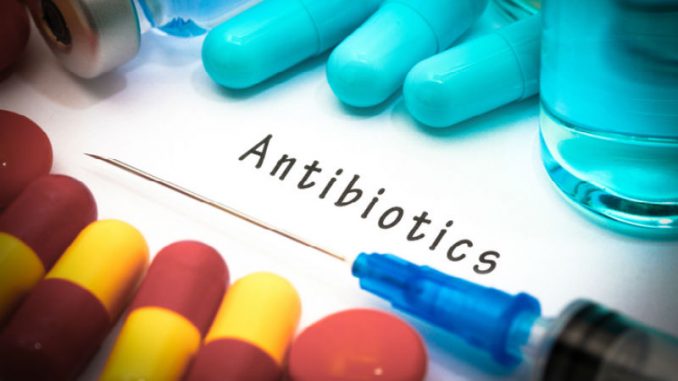
- Antibiotics are a special kind of chemotherapeutic agent usually obtained from living organism.
- The word ‘antibiotic’ has come to refer to a metabolic product of one microorganism that in very small amounts is detrimental or inhibitory to other organisms.It has been known for many years that antagonisms can exist between microorganism growing in a common environment.
- The term ‘antibiosis’ as first defined by Vuillemin in 1889 as a condition in which “ one creature destroys the life of another in order to sustain its own, the first being entirely active and the second being entirely passive; one is in unrestricted opposition to the life of the other”.
- Many of the antibiotic substances that have been isolated and identified since 1940 are of no practical importance any more, but a few have changed the entire concept of chemotherapy.
- The popularity of antibiotics is due to their ability to destroy many kinds of pathogens and to their relatively nontoxic properties to the host when given systematically.
- Few developments in the field of medicine have had as dramatic an effect as have antibiotics in the treatment of microbial infection.
Antibiotics must have the following qualities to be used as effective therapeutic agents:
- Antibiotics should have the ability to destroy or inhibit wide range of pathogenic microorganisms what is normally meant by a ‘broad-spectrum’ antibiotic.
- They should prevent or check the immediate development of resistant forms of the parasites.
- Undesirable side effects, such as allergic reactions, nerve damage, or irritation of the kidneys and gastrointestinal tract should not be produced by antibiotics.
- They should not eliminate or harm the normal microbial flora of the host. This is because normal flora if eliminated may permit normally non-pathogenic microbes, or particularly pathogenic forms normally restricted by the usual flora, to establish a new infection